Bible History
It is at this point pertinent to address the 12 tribes because their distinction will begin to be more evident as we move in history. Some battles have only a few of them in action and some even have tribes fighting each other.
These tribes would grow into nations and empires. The identification of these nations today will assist in interpreting prophecy leading to Christ’s return. The distinction of these tribes is as relevant as ever because God has established them through His word and although Heaven and Earth will pass away His word never will (Matthew 24:35).
The tribes will always exist in Heaven and God will have specific tasks for them there.
The tribes originated in the 12 sons of Jacob. Each of these sons became the father of his tribe (Genesis 49).
They were given specific territories and were ordered, acquired or naturally progressed into specific roles in the nation of Israel. The Bible speaks of their territory allotment (Evident on the map below) origin and progenitors. We will only point out their main characteristics and roles for the purpose of their colorful distinction and reference for later battle accounts.
Tribe of Reuben
First born, described as powerful and strong but fickle and unstable as water. It was condemned to dwindle in size and power due to incest.
Name: “Seeing.” Born of Leah (Defiled his father’s bed).
Symbol: mandrake flower; water (instability) or
Stone: Carnelian.
Nations related: France.
Tribe of Simeon
Had a habit of migrating seeking pasture or during wars. Some Simeon women who had been widowed found new husbands in the other tribes and so produced descendants in those tribes. It was one of the strongest tribes during the wondering in the wilderness. Simeon and Levi are tools of violence who in their anger they killed a man (Battle of Shechem), and in their self-will they hamstrung a bull. God divided and scattered them in Israel (Genesis 49).
Name: “Hearing”. 2nd born of Leah. He was left as hostage in Egypt when the brothers went back to Canaan with orders to return with Benjamin.
Symbol: The gate of Shechem.
Stone: Topaz.
Nations related: Finland; Germany; Ireland; Wales; Canada (Quebec).
Tribe of Levi
The priests and protectors of the ark; did not receive a territory, and sometimes is not listed (when Joseph is listed as two separate tribes). One of the most distinguished and enduring tribes as descendants to this day trace their origin there. It nevertheless shared the same admonishment that Simeon did because of the sin of anger at Shechem.
Notable descendants: Moses and Aaron.
Name: “Joined”. 3rd born of Leah. Priestly line; not allowed any physical blemishes.
Symbol: priest breastplate (with all the tribe stones); menorah.
Stone: Emerald.
Nations related: Italy; Greece; Germany; Jordan; North Africa.
 NOTHING NEW UNDER THE SUN
NOTHING NEW UNDER THE SUN
Washington DC, seat of the American government, was given no land within the country itself but rather a limited territory with specific attributes so that no one state could claim the country’s capital for itself.
Tribe of Judah
Became the head tribe of the Kingdom of Judah after the nation was split later after Solomon’s death in 931 BC. Many notable Israelite leaders and prophets came from Judah. The Tribe continued strong even during the Babylonian exile.
Name: “Praise”. 4th born of Leah; acknowledged Tamar (“Palm”) was more righteous than himself.
Symbol: Lion with its hand in the neck of its enemies.
Stone:Carbuncle.
Notable descendants: David, Jesus, Amos, Habakkuk, Joel, Micah, Obadiah, Zechariah, Zephaniah, Nehemiah.
Nations related: Europe (Ashkenazim and Sephardi); Germany; Poland.
Tribe of Issachar
For a great part of its existence it was dominated by religious teachers (who were also prominent in Levi). The tribe was grounded in strong traditions serving to anchor Israel in righteousness and guiding it to the wholesome paths.
Name: “Wages”. 5th born of Leah.
Symbol: donkey which settled between the sheepfolds where life was pleasant so he became a wiling slave.
Nations related: Finland.
Tribe of Zebulun
Had the dual role of traders and suppliers of financial aid to the nation as well as assistants to the lawgivers. There seems to be a close relationship with Issachar where Zebulun provided financial support in exchange for spiritual aid taught by Issachar.
Name: “Dwelling with husband”. 6th born of Leah.
Symbol: ship; heaven for ships; bringing precious trade goods from the nations.
Stone:Chrysolite.
Nations related: Germany; Switzerland; South Africa.
Tribe of Dan
Seafarers by trade and tradition. The Israelite tribes never had a strong naval history as far as scripture is concerned but wherever their navy lies in history, we can be sure they were dominated by this tribe. The Ethiopian Jews may be possible descendants of Dan.
Name: “God is judge”. 1st born of Bilhah.
Symbol: scales of justice from “he shall achieve justice for his kindred” (Genesis 49:16) or the serpent which “bites the horse’s heel” and an adder in the path. (Genesis 49:17).
Notable descendants: Samson
Nations related: Denmark; Ireland; Wales.
Tribe of Naphtali
These are the great soldiers of Israel. Would have been the custodians of The nation’s military academy (wherever one existed in history).
Name: “Wrestling”. 2nd born of Bilhah. Wrestling was what Jacob did prior to receiving the new name of Israel. It’s a word used uniquely in Ephesians 6 – the Armor of God.
Symbol: deer (hind) let loose giving good words.
Stone:Beryl.
Notable descendants: Barak.
Nations related: Norway; Britain; Canada; Africa; New Zealand; Australia; China.
Tribe of Gad
They were in a dangerous unstable territory constantly prone to enemy attack, namely Moabites and Assyrians. Their boundaries are inconsistent and they are found living often in other tribal territories. They were also a northward migrating nomadic people. Like Asher, Gad is often regarded as not completely pure (or legitimate) for having originated in the a handmaiden of Jacob instead of a full wife, they nevertheless qualify to the same rights of the others.
Name: “A troop comes”. 1st born of Zilpah. Moses: “Dwells as a lion, and tears the arm with the crown of the head.” (Deuteronomy 33:20)
Symbol: tent of the constant moving nomadic people.
Stone: Ligurus.
Nations related: Visigoths; Scotland; Sweden; Norway; France; Germany.
Tribe of Asher
One of the most uncertain and vague territorial assignments are with Asher, having them more scattered than with a solid base. It is known that they traded with the Phoenicians. Like Gad, its origin is not entirely Israelite because of Jacob’s union with his foreign handmaiden. They seem to have little participation in Israel’s wars with their enemies in Canaan which is perhaps the reason why they were less welcome in shaping the nation’s
future.
Name: “Blessed”. 2nd born of Zilpah. Moses: “…Let him dip his foot in oil”.
Symbol: tree yielding royal beauty.
Stone: Agate.
Nations related: Vandals; Scandinavia; Scotland; Netherlands; Austria; Iceland; Canada; Puerto Rico; Colombia.
Tribe of Benjamin
It had a small territory but within it lay Jerusalem, the “crown” of God’s physical kingdom. Benjamin were ferocious fighters and skilled in archery. The rape of a member of Levi led to the near extermination of Benjamin by the other tribes.
Name: “Son of the right hand”. 2nd born of Rachel. Responsible for dismembering a body into twelve pieces (Judges 19:29). The church is a body with many members (1 Corinthians 12:13) and Jesus is the mentioned son of the right hand.
Symbol: ravenous wolf that tears to pieces; may also referring to a specific leader from this tribe.
Stone:Jasper.
Notable descendants: Ehud, King Saul, Mordecai, Apostle Paul.
Nations related: Saxons; Normans; Germany; France; Scandinavia; England; Romania; South Africa.
Tribe of Joseph
Joseph is the patriarch of two tribes of Israel named for his sons, Ephraim and Manasseh. All of Joseph’s brothers were head of one tribe each. Since Joseph has two under his name these are often referred to as half tribes (instead of full tribes). It is merely a question of genealogy and not attribute. Indeed we can see that they were quite different from each other.
Name: “The Lord will add a son”. 1st born of Rachel; Godly man is a figure (type) of Christ; his coat of many colors was a precept of how Jesus had His vesture dipped in blood as savior to all colors and races of men.
Half tribe of Ephraim
Half tribe from Joseph. It is the most jealous, discontented and haughty of the tribes. These are all great weaknesses and things detested by God. It received the blessing of the firstborn, giving it precedence over his brother Manasseh even though it was younger than him. Despite this special blessing Ephraim was nevertheless spoiled and dissatisfied. Naturally rebellious, Ephraim was stubborn and quick to depart from religion which led to their rightful alienation from power later. The ten tribes of the divided Northern Kingdom were also known as “Ephraim” (Isaiah 7:8).
Name: “Fruitful”. 2nd son of Joseph; figure type of… “and then the Gentile.” (Romans 1:16)
Symbol: the ox, strong and fruitful in labour while stubborn and uncompromising.
Notable descendants: Joshua, Samuel.
Nations related: United Kingdom.
Half tribe of Manasseh
Half tribe from Joseph. Called “half” because they inherited land on both sides of the Jordan. They occupied the largest portion of the land
and also the part rich in fresh water but also enemies (in its north-eastern part). Their contrast with their brother tribe of Ephraim is interesting. While the younger Ephraim took precedence over older Manasseh, it was Ephraim who broke off and was most rebellious while Manasseh is viewed as a defender of Israel and as an exemplary tribe to all others in virtue and correctness to them.
Name: “To forget my toil and my father’s house”. 1st born of Joseph. A symbol of “the Jew First” (Romans 2: 9-10).
Symbol: the palm tree in the land of water, well planted, unmovable loyal and uncompromising.
Notable descendants: Gideon.
Nations related: USA.
 POINT A CROSS
POINT A CROSS
For a long time, when going through the tribes I said to myself: “bah! Who would ever want to be Ephraim?”.
The natures of the tribes that originated in the brothers Ephraim and Manasseh remind us of Jesus’ parable of the prodigal son (Luke 15:11-32). One son was like Ephraim – often regarded as the bad son. He received an early inheritance from the father (a blessing) which broke with the tradition. This did not stop this son from breaking away from the father (the “nation”) and reaping the painful consequences.
The other son, representing Manasseh – often regarded as the good son – stayed behind and was loyal and hard working. Even though he was the eldest, he did not get an early (unprecedented) blessing like his younger brother who abandoned the family.
Note that the father always took “Ephraim” back despite his abandonment. The father never disowned his child even if he was more pleased with “Manasseh” his love for both was equal. If we accept this comparison between the tribes and the parable it is also curious that it was the “bad” son, Ephraim, whose namesake is “fruitful” while the “good” son, Manasseh, is “to forget toil and his Father’s house”. Surely it would be the
opposite no?
Well, Jesus said my family are those who do the will of the Father (Matthew 12:50). The nature of God desires mercy, not sacrifice (Hosea 6:6; Matthew 9:13). The fruit of God is love and we must remain with God in order to have it and exercise it.
John 15:5: I am the vine, ye are the branches: He that abideth in me, and I in him, the same bringeth forth much fruit: for without me ye can do nothing.
By coming home, the son that was lost (Ephraim) had returned to the father in order to be fruitful. He also gave the father a chance for him (the father) to produce his own fruit: love.
On the other hand the loyal son (Manasseh) forgot indeed the real work of the father and his father’s house by not understanding the message of love. God’s house is built on love and Jesus is the door (John 14:2). This son that had stayed did not understand it.
The message of Christ was rejected by the Jews (Manasseh) and so it was taken out to the gentiles (Ephraim).
We that accept the love of the father are all Ephraim and should be proud to be him, for Jesus is the door to that house and he will always take us in if we come broken and repenting.
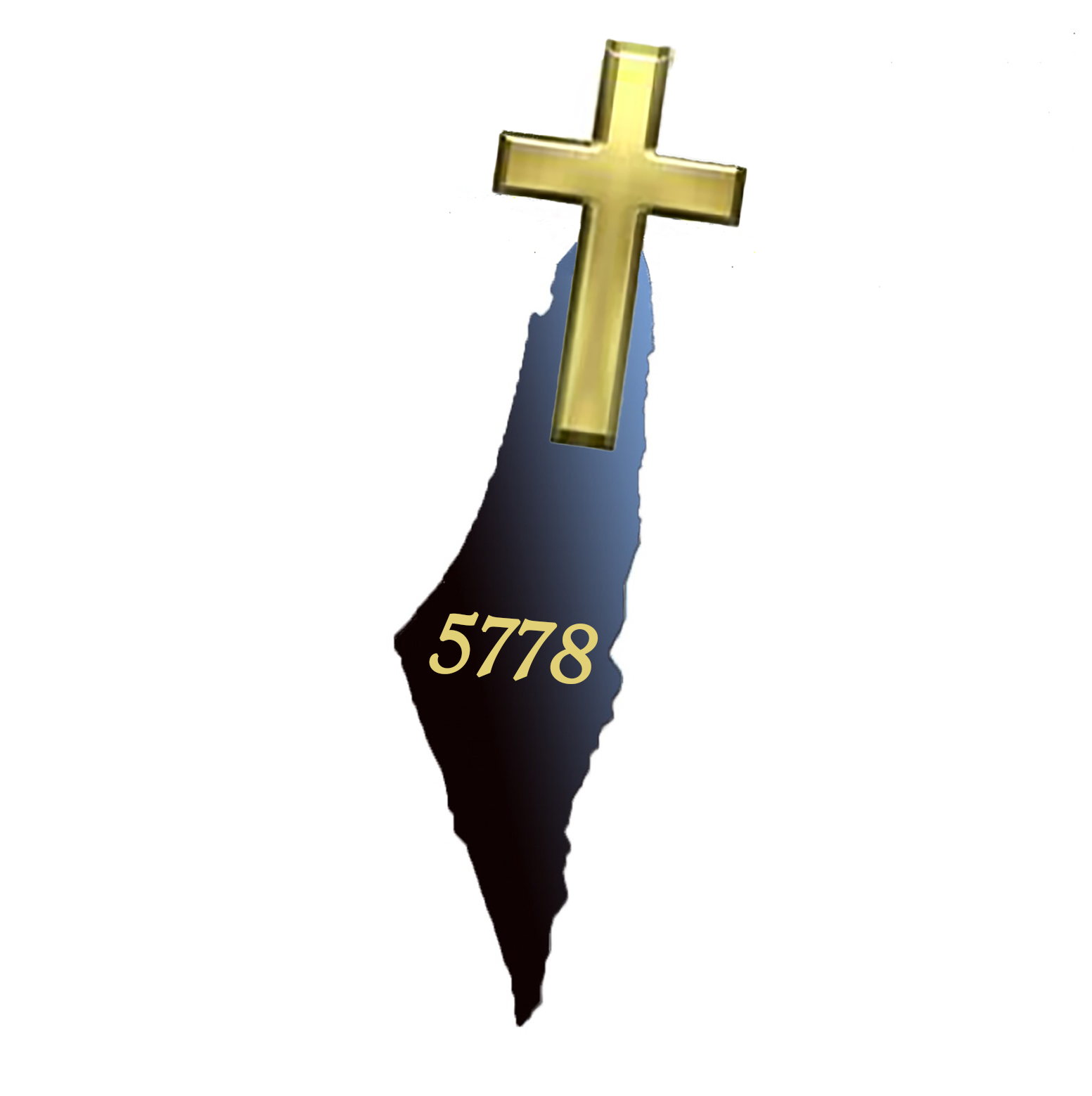
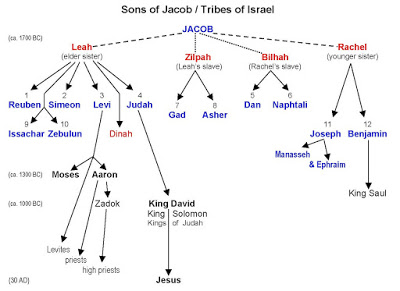



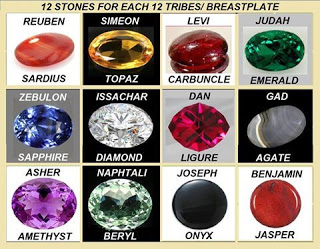

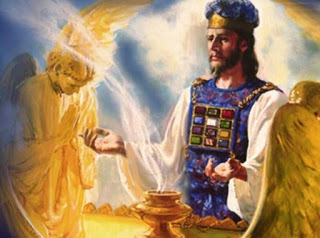
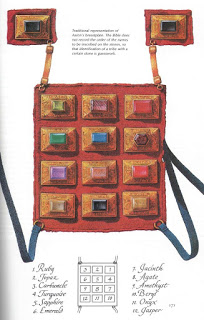











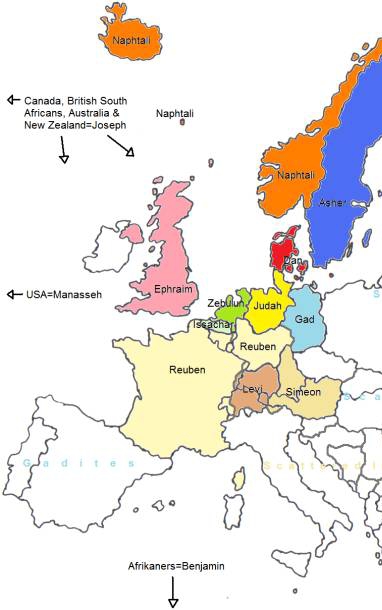
5 Comments on “Twelve Tribes of Israel”
Pingback: Civilization in the Wilderness - Gods War Plan | Best Bible Battles & War Strategy
Pingback: Battle of JAHAZ - Gods War Plan | Best Bible Battles & War Strategy
Pingback: Occupation of GILEAD - Gods War Plan | Best Bible Battles & War Strategy
Pingback: The Second Covenant - Gods War Plan | Best Bible Battles & War Strategy
That’s great. Really? Amazing. Can you provide us with more information about that? Are you saying they are not a lost tribe?